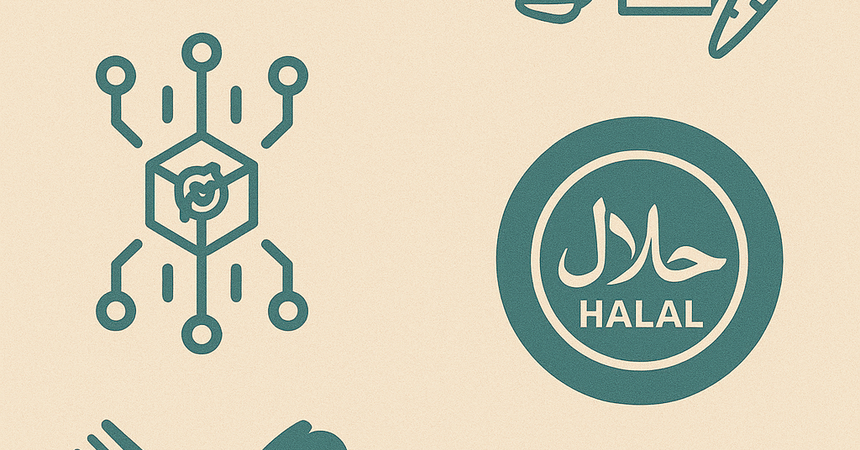The food industry in the Gulf Cooperation Council (GCC) countries is undergoing significant transformations. With increasing demands for quality, safety, and sustainability, certification has become a crucial tool for producers and suppliers. The UAE and Saudi Arabia are at the forefront, introducing new initiatives and standards that influence the entire region.
Strengthening International Standards
International standards like ISO 22000 are becoming mandatory for many food industry enterprises in the GCC. This standard provides a systematic approach to food safety management, including risk analysis and critical control points (HACCP). In 2025, the number of companies certified under ISO 22000 is expected to grow, especially in the UAE and Saudi Arabia.
Implementing Digital Technologies in Certification
Digitization of certification processes is a priority. The use of blockchain technologies and artificial intelligence ensures transparency and traceability in supply chains. For instance, Saudi Arabia is developing blockchain-based systems to track halal products, enhancing consumer trust in product origin and quality.
National Initiatives Supporting Local Production
Saudi Arabia actively promotes the "Made in Saudi" initiative, aimed at supporting local producers and increasing confidence in national products. Products meeting specific quality standards are allowed to use this label, facilitating their promotion in domestic and international markets.
Sustainability and Environmental Responsibility
In 2025, sustainability becomes a key factor in food product certification. Companies are adopting eco-friendly technologies, reducing carbon footprints, and using sustainable raw materials. Certification bodies in the UAE and Saudi Arabia are developing new standards that consider environmental aspects of production.
Growth of Halal Certification
Demand for halal-certified products continues to rise, both regionally and globally.To meet this demand, Gulf countries are modernizing their halal certification systems.Saudi Arabia and the UAE are investing in blockchain-based tracking for halal production to ensure transparency and authenticity. This is especially important for export markets, where strict halal compliance is essential.
Regional Standard Integration
The Gulf Conformity Mark (G-Mark) is becoming mandatory for certain categories of food products.This mark ensures compliance with unified GCC standards, facilitating intra-regional trade.By harmonizing certification frameworks, countries like the UAE and Saudi Arabia are reducing technical trade barriers and improving efficiency.
Conclusion
In 2025, food industry certification in GCC countries will be shaped by digital innovation, sustainability, and stronger alignment with international and regional standards.Businesses that adapt to these trends will secure stronger market positions and improve consumer trust.
